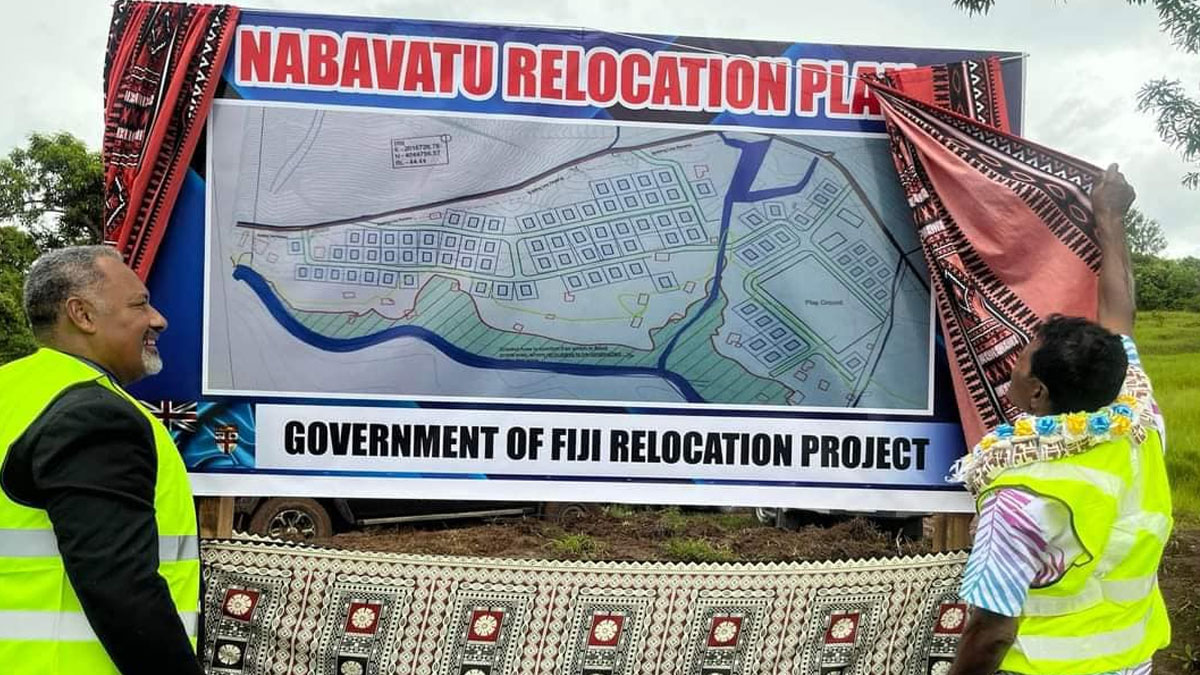
Cabinet has approved the relocation of Nabavatu village to land in Nadoiviri belonging to the Mataqali Uluitoga and Mataqali Nalutu. Nabavatu Village is located in the District (Tikina) of Dreketi, in the Macuata Province, Vanua Levu.
The village was critically affected by a geohazard event that shocked the community in January 2021 following Tropical Cyclone Ana with a series of land slumps, landslides, tensional cracks and associated ground displacements were experienced in the village at that time.
Cabinet says based on GPS and aerial mapping conducted by the Ministry of Lands and Mineral Resources over the current village site in February 2021, it was revealed that a majority of dwellings in Nabavatu were at high risk.
They say the report by the Ministry of Lands and Mineral Resources confirmed that all buildings and houses located within the medium to high-risk zones will need to be relocated as a precautionary measure for the safety of residents and the community as a whole.
The village in its present condition is considered not safe for future habitation, as there remains the risk of a reoccurring geohazard event in the future.
The relocation site comprises 16.88 hectares or 41.71 acres, and is located about 800 metres southwest of the current Nabavatu village site.
The selection of the site was made after a series of consultations among key stakeholders particularly Government and members of the Nabavatu community.
Geotechnical and Topography Surveys were carried out to ensure the new site is suitable and safe for construction of new homes for the people of Nabavatu.
Cabinet says the Relocation Project is the result of a whole-of-Government approach and in compliance with the Planned Relocation Standard Operating Procedures for Fiji.
The total cost of the relocation project is approximately $5.9 million.
There are four phases for the relocation project with Phase 1 involves Geotech Survey, Topography Survey, Drainage Works, Site Clearing and Road Access.
Funding for Civil Works has been released from the Climate Relocation of Communities (CROC) Trust Fund by the Ministry of Environment and Climate Change.
Phase 2 is the procurement of housing materials, construction and water reticulation, and grid connections and funding will be sourced from the CROC Trust Fund, and other activities will be sourced through bi-lateral budget support facilitated by the Ministry of Environment and Climate Change.
Phase 3 will be the finishing phase with the construction of footpaths and footbridges within the community.
Funding will be sourced through bi-lateral budget support facilitated by the Ministry of Environment and Climate Change;
Phase 4 is the monitoring phase, no funding is required for this phase.
The Relocation Project is estimated to be implemented in a duration of 35 weeks or 8 and a half months.
Stay tuned for the latest news on our radio stations


